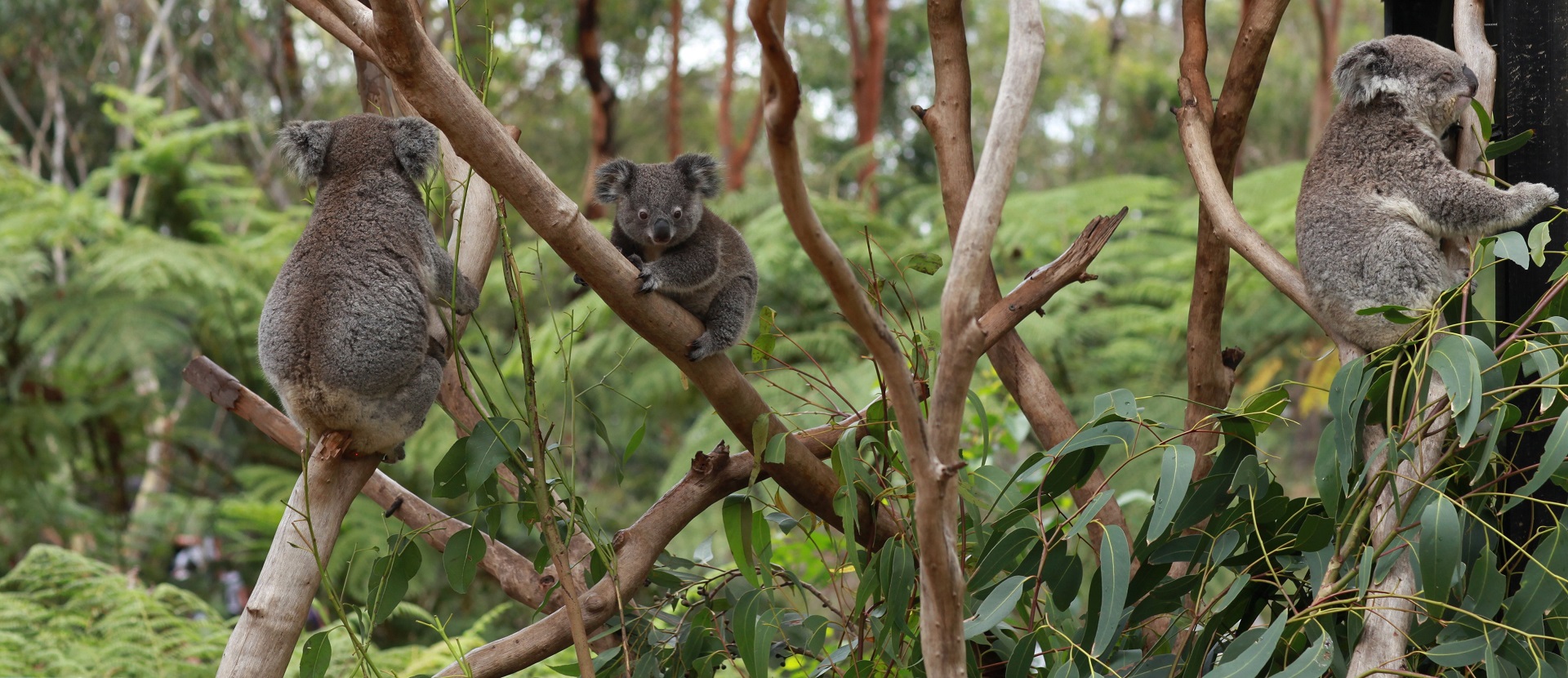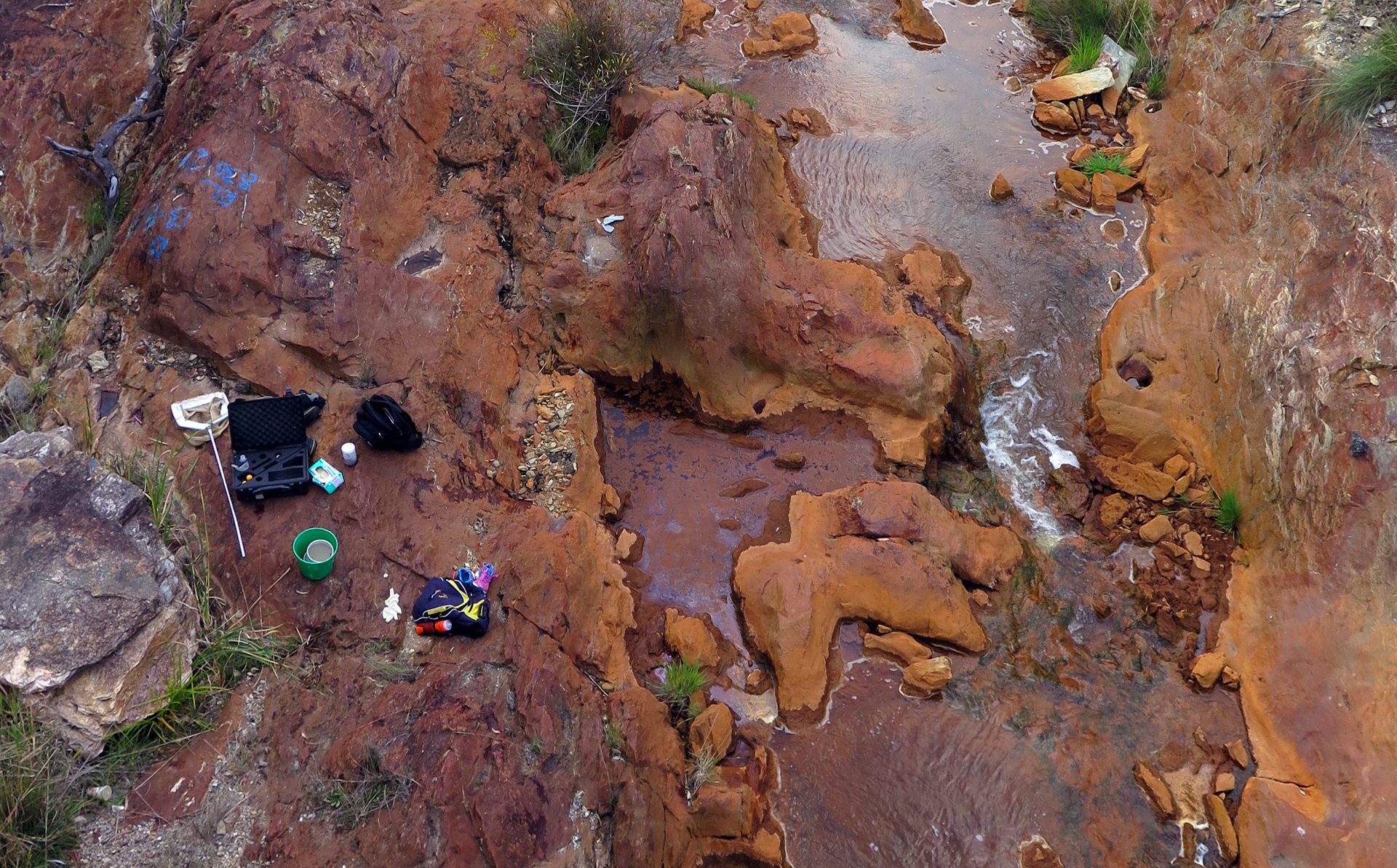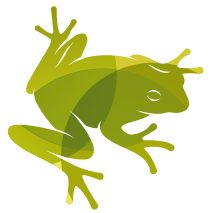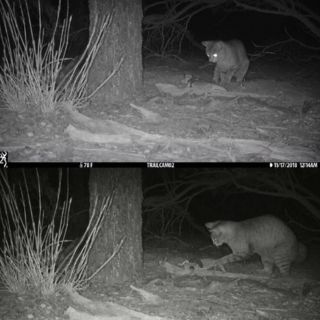
Cracking the koala's genetic code
IAE researchers help in world first sequencing of the koala genome
Read more about this slide
World Class Ecology Research
We pride ourselves on the interdisciplinary nature of our work, and span a broad range of expertise.
Read more about this slide
AUSRIVAS Course enrolling now
Become an accredited AUSRIVAS assessor with this online and face-to-face workshop
Read more about this slide Institute for Applied Ecology
Institute for Applied Ecology
The Institute for Applied Ecology undertakes world class research to improve our understanding of the environment, and enhance decision-making for natural resource management and sustainable development.
The Institute operates within two specialised centres: the Centre for Conservation Ecology and Genetics, and the Centre for Applied Water Science.
Centre for Conservation Ecology and Genomics Centre for Applied Water Science
Bulletin Board

-

Dragons vs cats – native animals fighting feral predators
Read more5 December 2018: Bearded dragons (Pogona vitticeps) are battling the impacts of climate change, habitat destruction, native predators, and now we can add ...
[X] Close story
News
-

UC scientists help crack genetic code of koalas
More on UC scientists help crack genetic code of koalasKoalas could be less at risk of extinction after a team of scientists, including two from the University of Canberra, successfully completed the full sequencing of the animal’s genome
-

Critically endangered fish fighting upstream battle against brumbies
More on Critically endangered fish fighting upstream battle against brumbiesResearchers at the University of Canberra are concerned wild horses in the Kosciuszko National Park could wipe out a critically endangered species of fish
-

Biosecurity effectively slows down pathogen arrivals, new research
More on Biosecurity effectively slows down pathogen arrivals, new researchStronger biosecurity measures can reduce the spread of invasive plant pathogens despite a rise in global trade and travel, according to a new international study led by University of Canberra researcher
-

Intermittent streams send global CO2 levels running high
More on Intermittent streams send global CO2 levels running highA University of Canberra researcher participated in a global research project that analysed plant litter in seasonal streams and found the world’s river systems could be releasing much higher levels of carbon dioxide into the atmosphere than previously thought
-

PhD grad’s gut feeling pays off
More on PhD grad’s gut feeling pays offTeresa Chavez-Capilla has graduated with a PhD after travelling from Spain to Canberra to examine the metabolism of different arsenic compounds found in food and how they are transformed in the gut and the liver
